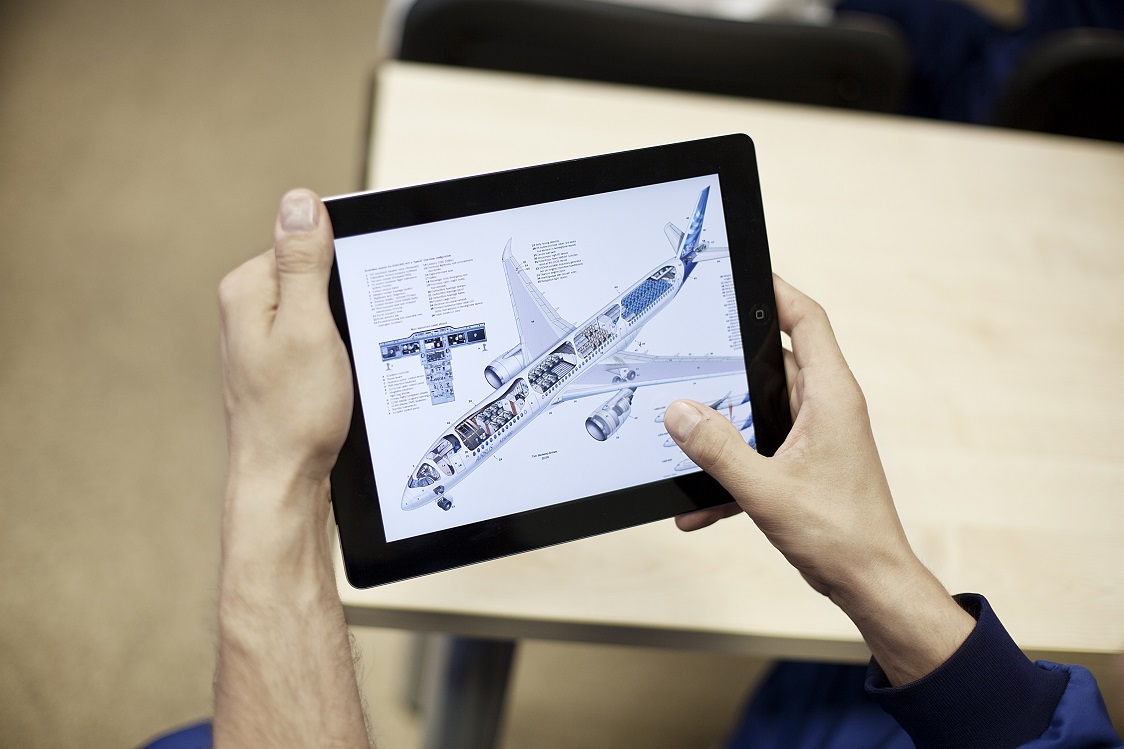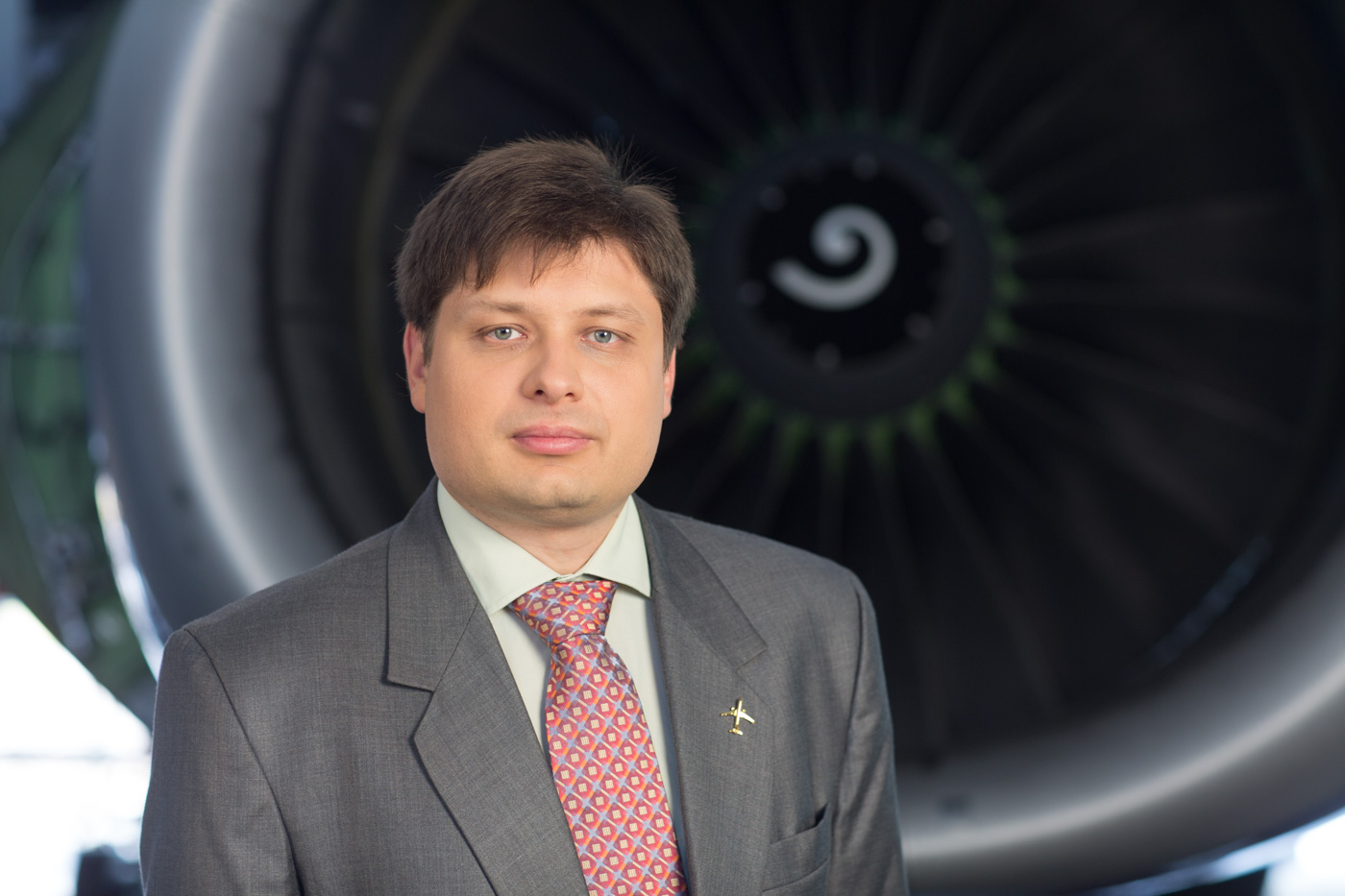 Despite multi-billion investments into new aircraft technologies and sophisticated equipment, the aviation industry remains quite conservative when it comes to day-to-day operations. This is particularly topical for the aircraft maintenance segment, where many players have reported struggling with un-LEAN processes and, surprisingly, the IT software which is specifically designed to facilitate these processes. Why are half of all software implementation projects in the aviation industry doomed to failure? What do MRO executives commonly miss when selecting MRO software? What kills the best IT implementation projects?
Despite multi-billion investments into new aircraft technologies and sophisticated equipment, the aviation industry remains quite conservative when it comes to day-to-day operations. This is particularly topical for the aircraft maintenance segment, where many players have reported struggling with un-LEAN processes and, surprisingly, the IT software which is specifically designed to facilitate these processes. Why are half of all software implementation projects in the aviation industry doomed to failure? What do MRO executives commonly miss when selecting MRO software? What kills the best IT implementation projects?
According to a recent PwC report, as many as 50% of all IT implementation projects in aviation tend to fail. Moreover, the MRO Software Survey 2015 has revealed that almost 41.5% of aviation companies are planning to change their current MRO software. In the meantime, only a very small fraction – approx. 2.5% – of all aviation market players are able to successfully implement IT projects within their organisation while meeting the set work scope, time and budget frames.
“Whether MRO providers fail in IT implementation as a whole or the implemented software just doesn’t bring the results one expects – why IT systems become yet another “waste”, or MUDA, instead of actually helping MRO providers in daily work? Maybe the problem is the software itself? Not necessarily,” questions Ramunas Paskevicius, the Head of IT at FL Technics. “To begin with, the decision to acquire one or another IT solution is a tough call for any company’s management. While choosing the software, CEOs, CFOs, CPOs and other executives consider numerous factors, including price, support, the developer’s experience in the MRO area, implementation speed, user friendliness and, certainly, returns on investment.”
Implementing a major MRO IT system can cost approx. USD 1-2 million and may take as long as 12-to-36 months, depending on the company’s size. Naturally, the amount of potential savings which such system may bring play a crucial role. Aiming to achieve higher returns, lower costs and faster implementation, many aviation companies are ready to invest additional funds by hiring experienced IT project managers who are to ensure that the implementation process goes smoothly.
“But even after hiring an experienced project manager and completing the implementation process successfully, still in many cases everything goes not as anticipated by the top management. And that is the pitfall. Executives often expect that with the required sum of money, hired external IT professionals and the best methodical approach there is, the project will go smoothly from the very beginning and straight to the successful ending. But it commonly does not,” shares Ramunas Paskevicius. “Political will of the top management is not enough to fuel such major projects. Particularly, in one of the aviation’s most conservative segments – MRO.”

According to FL Technics’ Head of IT, one of the main obstacles in implementing an IT system is the system’s users themselves. Company’s employees tend to negatively accept new, unfamiliar IT solutions due to a wide array of factors: general conservatism and negative approach towards anything new, unwillingness to exit one’s comfort zone and explore new opportunities, individualism, lack of motivation to learn new approaches in one’s daily processes, and, in general, being against everything that comes from the management without prior consultations.
“There are many staff members who are simply afraid to express themselves. Your employees – the users – see all system’s flaws and, in many cases, have their own ideas about how to improve it. But they are afraid or not motivated to deliver such crucial information to their managers or IT support. As a result, the software implementation process slows down and becomes defect, because for one or another reason your users reject the software. How to escape the dead end? The entire MRO IT implementation process must start upwards from ordinary employees rather than downwards from the CEO and management. Our experience proves that such LEAN approach provides both immediate and long-standing results,” says Ramunas Paskevicius, the Head of IT at FL Technics.





